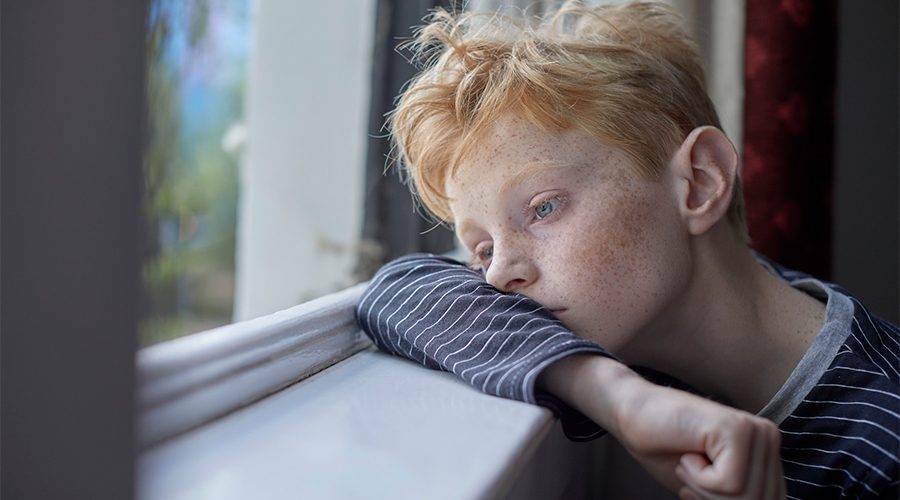According to new figures, the average monthly contacts to the NSPCC helpline about children and domestic violence has soared since the first lockdown began. To tackle the problem, we want the government to fund essential recovery services.

- Our helpline is receiving an average of over 30 contacts a day from adults worried about children living with domestic abuse.
- Compared to pre-lockdown figures, the monthly average number of contacts between April and December 2020 was 53% higher than the pre-lockdown average. 8,371 contacts were made during this time, peaking at 1,053 contacts in November alone.




